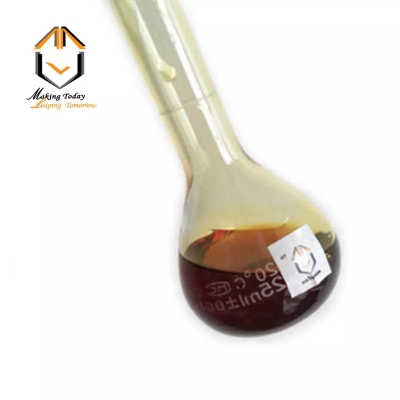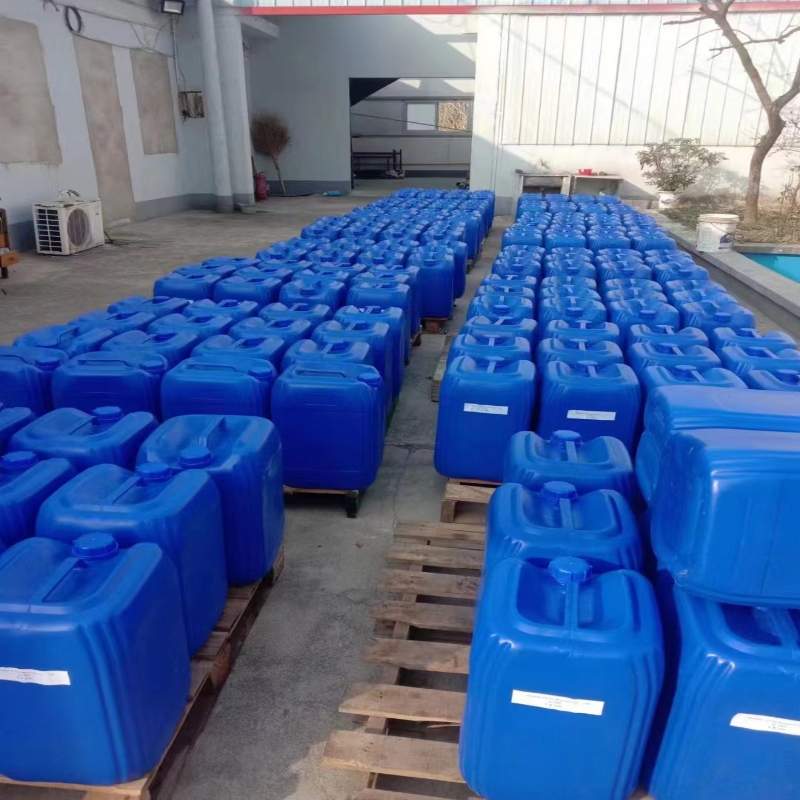-
Categories
-
Pharmaceutical Intermediates
-
Active Pharmaceutical Ingredients
-
Food Additives
- Industrial Coatings
- Agrochemicals
- Dyes and Pigments
- Surfactant
- Flavors and Fragrances
- Chemical Reagents
- Catalyst and Auxiliary
- Natural Products
- Inorganic Chemistry
-
Organic Chemistry
-
Biochemical Engineering
- Analytical Chemistry
-
Cosmetic Ingredient
- Water Treatment Chemical
-
Pharmaceutical Intermediates
Promotion
ECHEMI Mall
Wholesale
Weekly Price
Exhibition
News
-
Trade Service
On December 4, the website of Russia's "Izvestia" published an article entitled "Non-market mechanism - the consequences of price restrictions on Russian oil", written by Yevgeny Smirnov
, professor of world economy and international economic relations at the Russian State University of Management.
The full excerpt is compiled below:
EU member states agreed to set a price cap
of $60 for Russian oil.
The sanctions, which have been discussed for months, are seen as a means of limiting Russian oil export revenues, while also avoiding a sharp rise in international oil prices and ensuring that Russian oil remains on the international market
.
One of the conditions guaranteeing that this ceiling will be observed is that oil suppliers will not be able to access maritime, insurance and reinsurance services
mainly provided by companies in developed countries if oil is sold at prices above the ceiling.
EU member states initially did not agree
on price caps and specific prices.
Poland and the Baltic states have proposed a $30 cap; Greece and Cyprus argue that excessively low price caps could affect their shipping companies; Hungary, for its part, has completely moved away from the requirement to
comply with restrictions.
Europeans are extremely cautious in setting an oil price ceiling for several
reasons.
First, limits are determined outside market
mechanisms.
For a long time, EU countries have not been able to agree on a cap because no one knows what it should be and how it works
.
The cap is very close to the current export price of Russian oil, which means that the ceiling set by the EU has a limited effect and the income of Russian exporters will be maintained
.
Russian oil costs $30 to $40, and under the $60 cap, Russian companies will be able to continue drilling without shutting down wells
.
Once an oil well is shut down, it will be very difficult and expensive
to resume production.
However, these reasonings may not be important
.
Russia may reject offshore oil exports to the EU altogether because it does not agree to impose conditions
on it.
But this does not mean that Russia will completely stop oil exports to the EU, it will continue to supply oil
to Central and Eastern European countries, especially Hungary.
In addition, oil shipped by sea can be exported to other countries, such as Turkey, and then shipped to EU countries
.
But in this way, the fuel purchased by the Europeans is more expensive
.
Second, the pattern of Russian oil exports has evolved over the years, and trade participants are unlikely to immediately accept the new conditions
.
Oil traders are already unhappy because they expect the risk of an oil "shutdown" to be greater
than expected.
As a result, traders began looking for loopholes to circumvent EU requirements
.
In addition, Russia will seek to continue to increase exports to Asian countries, taking advantage of services provided
by shipping and insurance companies in India and China.
Russia has the potential to attract a large shadow fleet to participate in Russian oil exports
.
Ultimately, the behavior of market participants will make the price cap less important
than now expected.
Third, Russia has increased its offshore oil supplies to China, India and Turkey, and this trend will only strengthen, so price agreements with these countries will only make more sense
for Russia in the future.
As oil exports to the West decline, the EU's price cap will become less and less important
.
There is no reliable assessment
of how the price cap will affect global oil prices.
The possibility of a sharp increase in oil prices should not be ruled out, and this does not depend on the level of the price ceiling, but on how much Russian oil will be withdrawn from the international market
.
The setting of a cap mark the beginning of the end of free international trade, and if it does occur, such a precedent could become a common bad practice
in international markets.
The optimism of EU diplomats is premature
.
It is important to consider that the market does not expect to be limited and that possible supply disruptions will exacerbate imbalances
.







